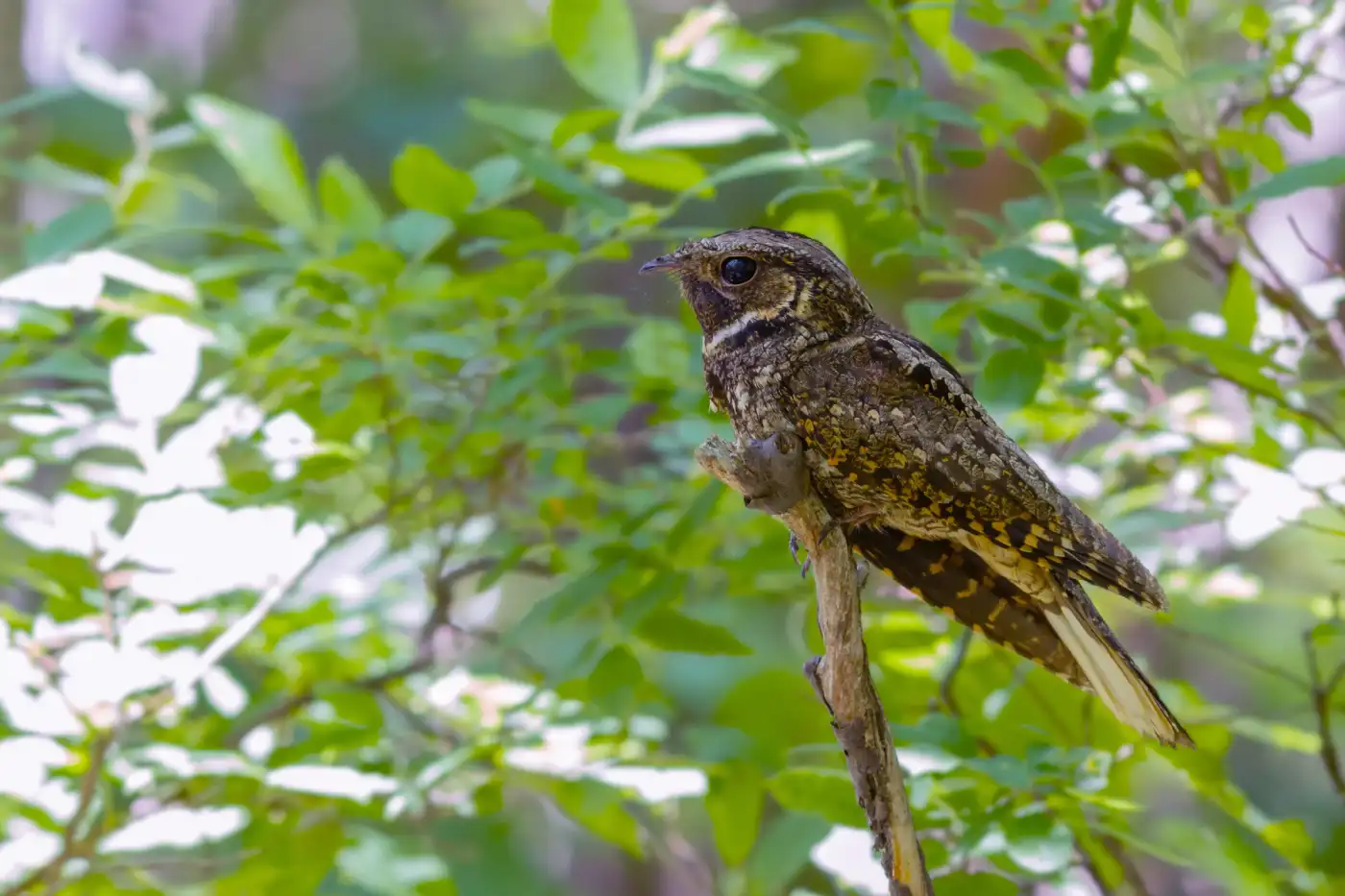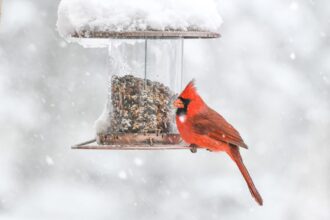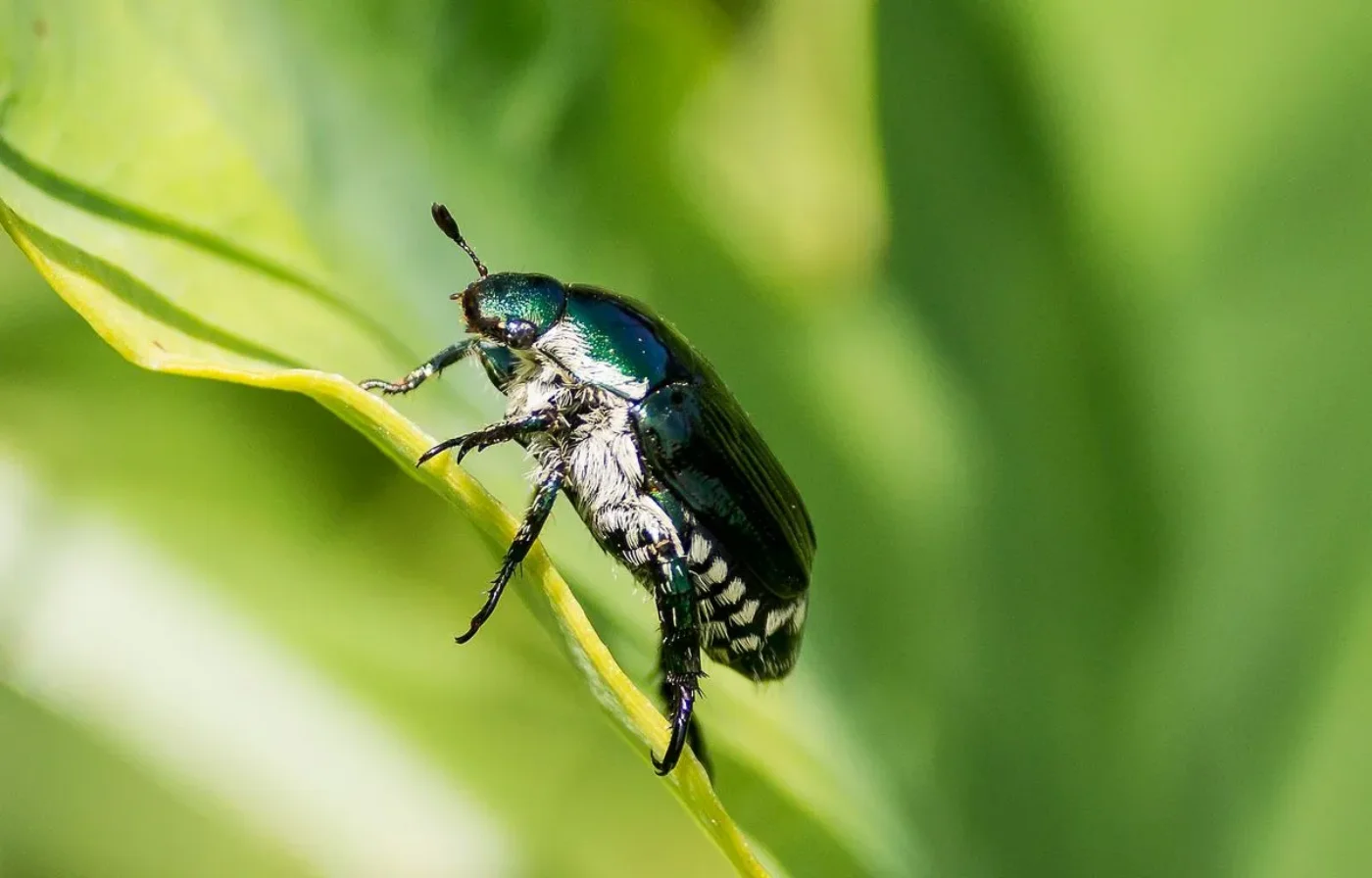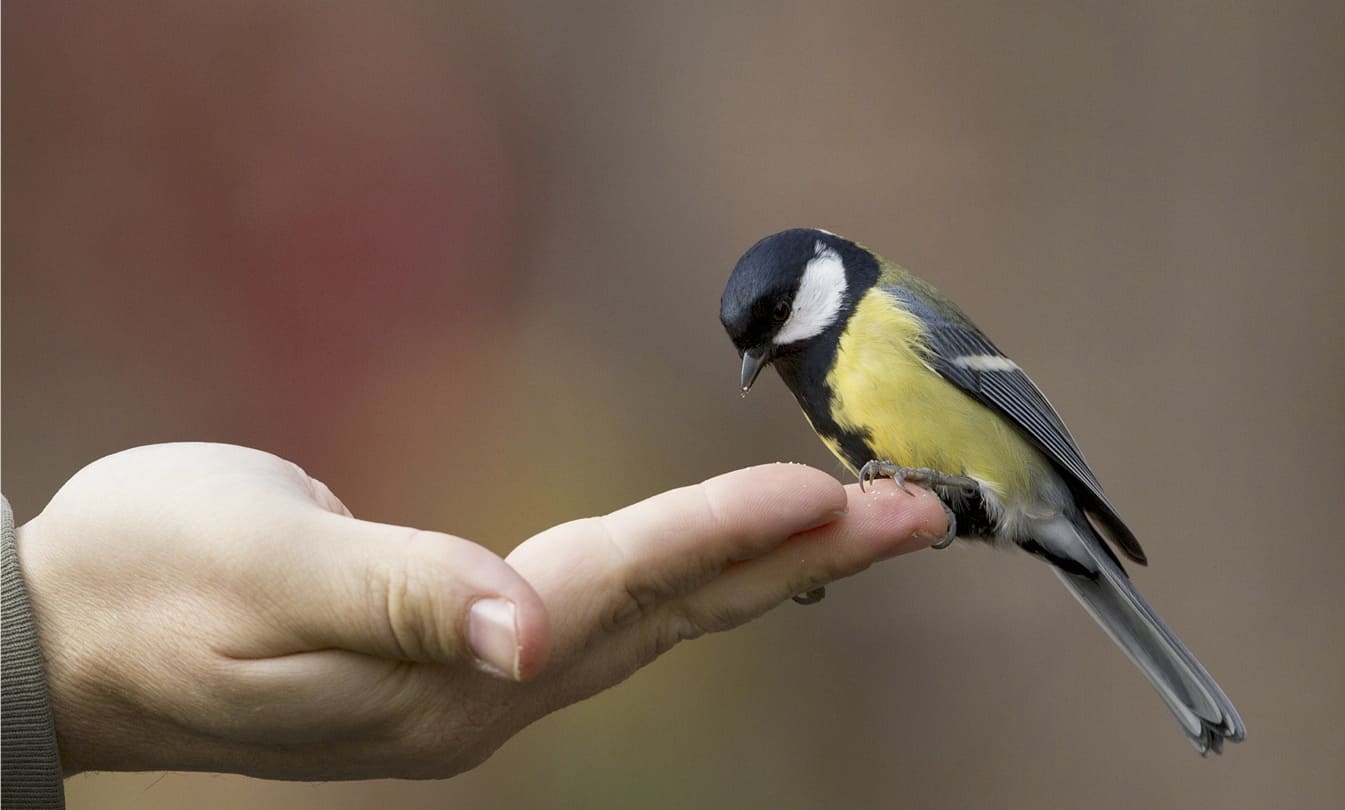A fascinating question often arises, what does a Whippoorwill bird sound like? These birds primarily communicate in the dark of summer nights, reciting chants that can seem endless. From the floors of the forest, the logs, or the branches, their calls echo throughout the woods, resonating in the stillness of the night. The Whip-poor-will, scientifically known as Antrostomus vociferus, is a fascinating figure in bird ecology. Over recent years, it appears numbers have seen a decline across much of the East. This decrease isn’t well understood yet, but it might coincide with a general reduction in their main predators, large moths, and beetles. Members of the Nightjars family, the Whippoorwill birds, prefer leafy woods as their habitat. Nestling anywhere from lush, deciduous, to mixed woodlands, they tend to steer clear of coniferous forests. Winters are also seen out in these wooded areas.
What Does a Whippoorwill Bird Sound Like: Navigating The Feeding Patterns of Whippoorwill Birds
Whippoorwills thrive during moonlit nights due to their nocturnal feeding behavior. They forage primarily at dusk, dawn, and the brighter lunar phases. Launching from a perch or in a constant flight near the wooded edges, they capture their prey mid-flight with a wide, gaping mouth. But what does a Whippoorwill bird sound like while hunting? They usually remain silent, focusing on their prey instead of making their presence known.
Understanding the Whippoorwill Bird’s Breeding Cycle
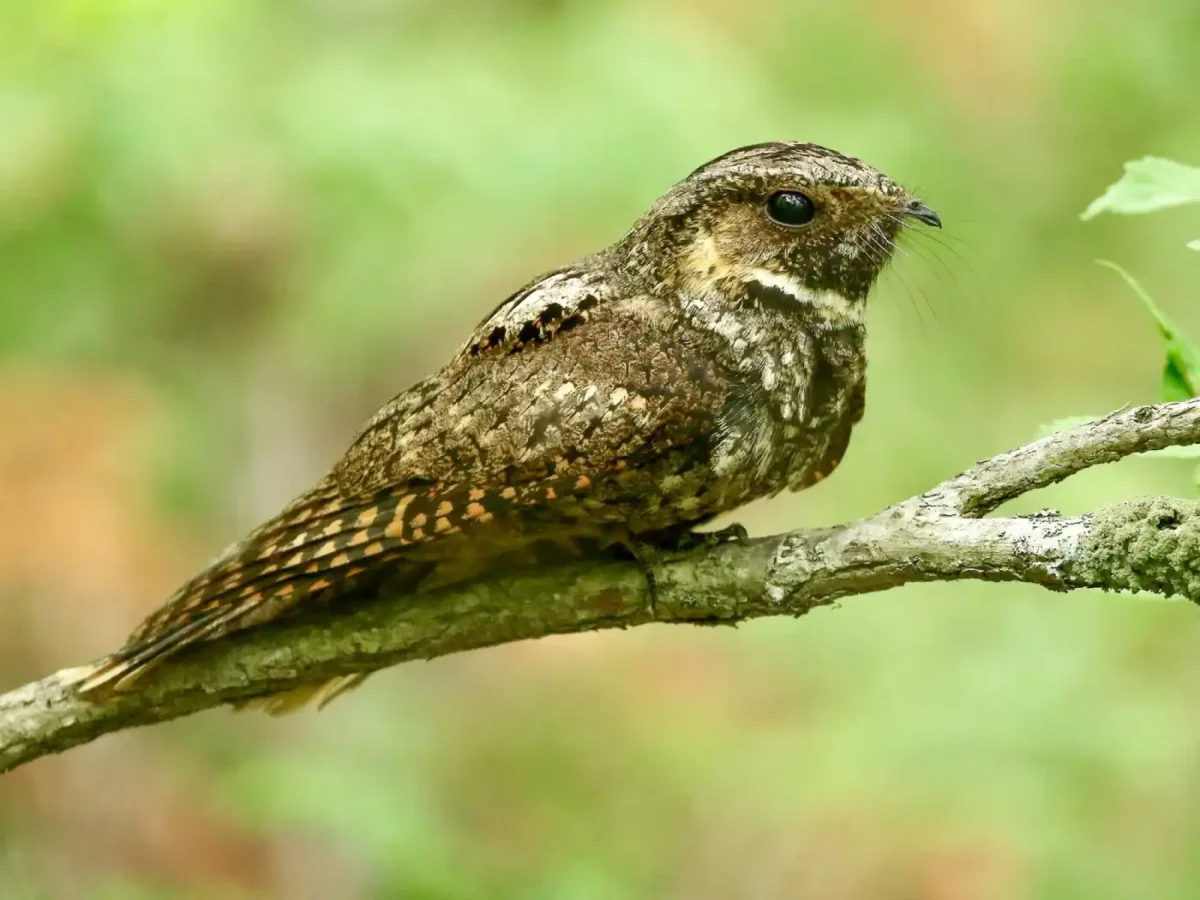
The Whippoorwill birds typically lay two whitish eggs, speckled with brown and gray. Both parents partake in the 19-21 day incubation period, usually overseen more by the female. The nurturing roles don’t end there. Both parents also feed the younglings by regurgitating insects, encouraging them towards their first flight around the 20-day mark. Remarkably, these birds are capable of raising one or two broods annually. Furthermore, it’s not unusual for the female to lay a second clutch while the male continues caring for the first brood.
Insights into the Whippoorwill Bird’s Diet
Most people, fascinated by these nocturnal creatures, often wonder, what does a Whippoorwill bird sound like when it’s feeding? While they largely remain silent during their dining hours, their main menu includes night-flying insects, particularly moths. Additionally, beetles, mosquitoes, and several other insects also make their way onto the dietary list.
The Secretive Nesting Habits of the Whippoorwill Bird
Whippoorwills time their feeding routines cleverly to correspond with the lunar calendar. When the moon is more than half full, hunting becomes easier, leading to increased feeding of the young. Males, identifiable by the rhythmic “whip-poor-will” sound, declare their territory and attract a mate through song. Despite being predominantly nocturnal, witnessing a Whippoorwill bird’s courtship can be quite a sight, consisting of peculiar head-bobbing, bowing, and dance-like sidling about. Nest sites are typically on the ground and camouflaged within shrouded woods, but often near a clearing, on soil covered with dead leaves. Surprisingly, no nests are built; the eggs are laid straight onto the flat ground.
Unveiling the Sound of the Whippoorwill Bird during Migration: Journeying South
Keeping in tune with the intriguing question, “What does a whippoorwill bird sound like?”, we delve into their migration patterns. Many whippoorwills settle in the southeastern states during winter, harmonizing their unique sounds with the residing Chuck-will’s-widows of summer. There are also those that journey southward to Central America, their melodious chirps echoing through the landscapes, albeit the West Indies witness only a handful of these melodious travelers.
Every Season – Frequent Whippoorwill’s Sounds
Every season unveils the distinct rhythm of the whippoorwill bird sound. These unique sounds are prolific, making their presence keenly felt.
Every Season – Rare Whippoorwill’s Sounds
Occasionally, the seasons receive an uncommon rendition of the whippoorwill bird sound, painting a rare auditory portrait in the air.
Breeding Season – Common Whippoorwill’s Calls
The breeding season resonates with the common cry of the Whippoorwill bird sound, marking a remarkable period of activity.
Breeding Season – Uncommon Whippoorwill’s Sounds
Every so often, the breeding season reveals the uncommon harmony of whippoorwill bird sound, providing a rare melodic treat to the ears.
Winter – Common Presence of Whippoorwill’s Chirps
In the chill of winter, the commonplace sound of whippoorwill bird sound echoes frequently, forming a distinct soundtrack of the season.
Winter – Uncommon Whippoorwill’s Calls
At times, winter ushers in the rare calls from the whippoorwill, asking us once again, “What does a whippoorwill bird sound like?” in its unique form.
Migration – Frequent Whippoorwill’s Sounds
Amid the migration, the common query “What does a whippoorwill bird sound like?” comes to life, with whippoorwills filling the air with their frequent songs.
Migration – Rare Whippoorwill’s Calls
Seldom in the migration season do we encounter the rare calling of the whippoorwill, yet when we do, it never fails to intrigue us with “What does a whippoorwill bird sound like?” in an uncommon way.
Demystifying the Whippoorwill Bird: What Does a Whippoorwill Bird Sound Like?
The credit or criticism for the Whippoorwill bird’s distinctive name traces back to the renowned philosopher Aristotle. Straying from his usually robust logic, Aristotle recorded an entirely whimsical tale about the Whippoorwill bird, claiming its name originated from these birds’ alleged habit of sucking the udders of she-goats. Perhaps what Aristotle observed was more likely the Whippoorwills, as they might be the birds, or their twilight-active kin, the nighthawks, feasting on insects that were swarming around the more bare area of the goats. Nonetheless, Aristotle’s intriguing but erroneous assertion left an enduring impression on the Caprimulgidae bird family, so much so that they also gained the rather unrefined common name, .. “goatsucker.”
Understanding the Whippoorwill Bird: What Does a Whippoorwill Bird Sound Like?
In North America, Whippoorwills are predominantly found in the region stretching from eastern Texas to southern Canada and eastwards towards the Atlantic. Owning the night, Whippoorwills rely heavily on their extraordinary camouflage abilities to thrive both in daylight and after sunset. The Whippoorwill mating rituals are predominantly nocturnal. The male bird’s mating dance is elaborate, filled with expressive strutting, throat-puffing, and eclectic sounds, all designed to win over the typically silent female amidst a forest humming with potential mates. The question often arises, what does a Whippoorwill bird sound like amid this courtship? Their unique calls echo through the spring forests, a melody hard to escape for any traveler.
Rich Folklore Surrounding the Whippoorwill Bird
When discussing the Whippoorwill bird, one cannot ignore its rich tapestry of myths. And these myths often revolve around the pivotal question: what does a Whippoorwill bird sound like? Various narrations include:
- An unmarried woman hearing the first call of a Whippoorwill in the spring would remain single for the year if the bird did not sing again. However, if she made a silent wish upon hearing the first call and the bird continued to sing, she would marry eventually.
- Whippoorwills singing close to a house supposedly foretold death or at the very least, signaled upcoming misfortune.
- It was believed that by performing somersaults in sync with the calls of the Whippoorwill, a man could be rid of backaches.
- The Omaha tribe believed answering a Whippoorwill’s call was fraught with risk—the bird’s silence afterward predicted death, while a continued series of calls promised a long life.
- The Colorado Utes considered the Whippoorwill as a divine nocturnal creature with the power to turn a frog into the Moon.
- The Iroquois tribe, on the other hand, believed that moccasin flowers were the footwear of Whippoorwills.
Finally, we have to ask, ‘Is the folklore reality or just a myth?’ Regardless, deciphers of these numerous tales continue to be intrigued by the question, what does a Whippoorwill bird sound like?
Read more: Can a turtle live without its shell




